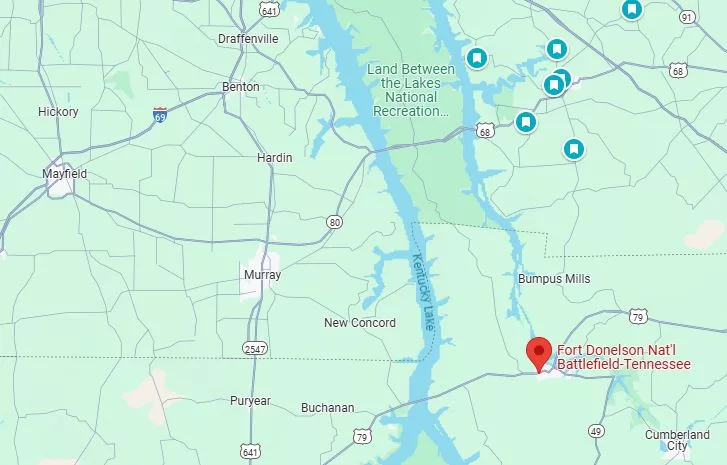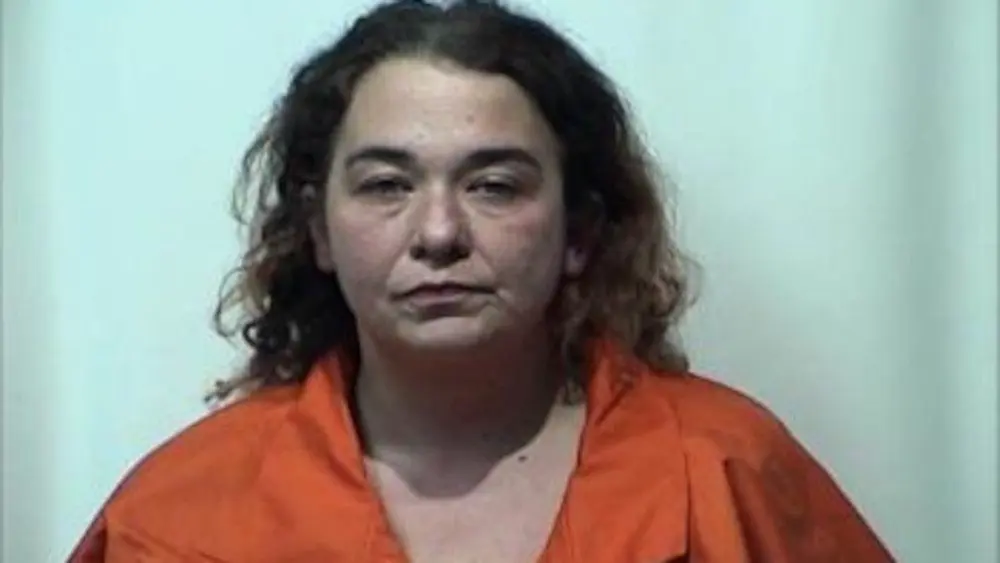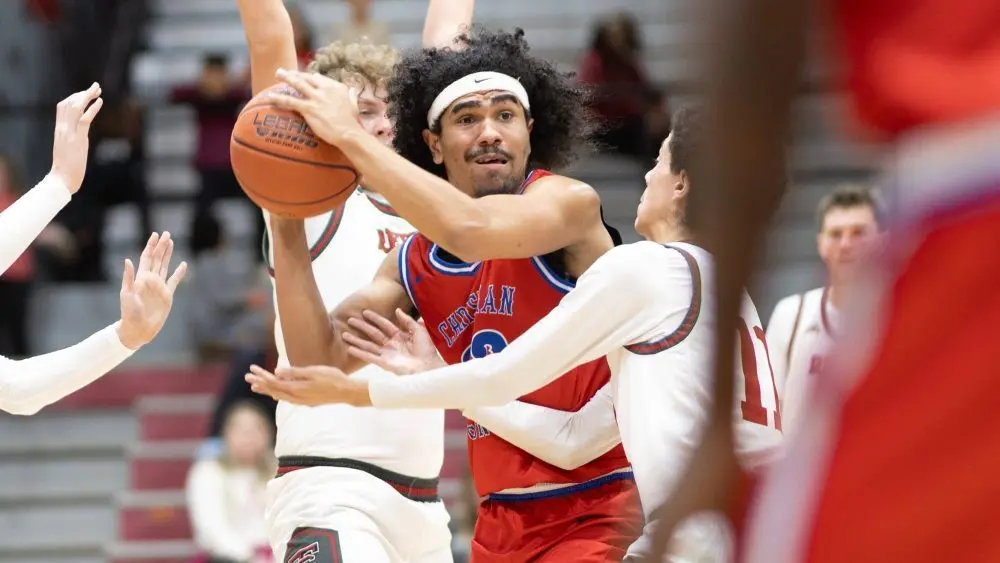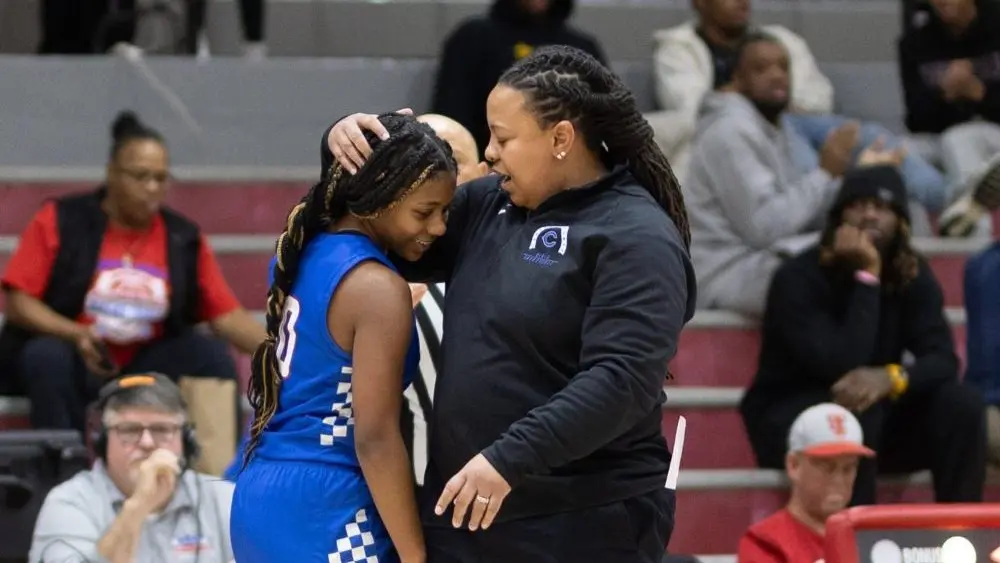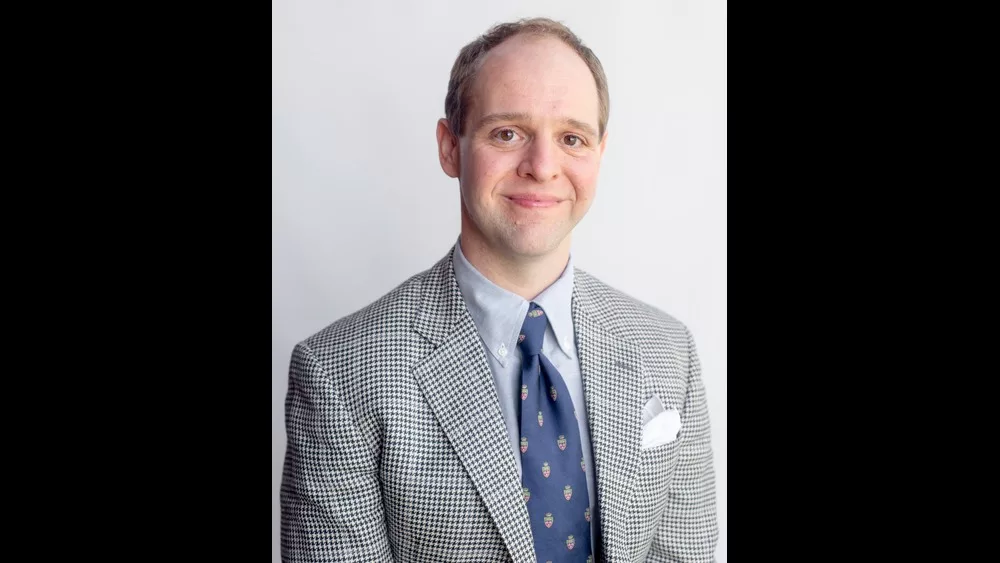
Dr. Patrick Lewis still thinks fondly of the childhood boating trips he and his late father, Randy, took on Lake Barkley.
It’s there where a love of American history was nurtured and fostered, the vast landscapes of western Trigg County playing out as a theater in his mind.
Nearly three decades later, the 2002 Trigg County High School graduate now sits as the President & CEO of The Filson Historical Society in Louisville — a role he accepted last year, and officially began at the turn of January.
Now one of many across the state responsible for the safekeeping, and retelling, of the Commonwealth’s past, present and future, Lewis knows this position is where he is supposed to be.
Familiar with America’s, and frankly the world’s, many chapters, he specializes in The American Civil War — and not just because he spent summers cooking authentic cornbread and salt pork as a re-enactor and living historian at the Battle of Chickamauga while doing graduate work at The University of Kentucky.
That curious interest began here in south western Kentucky — a quiet hotbed for the nation’s most bloody conflict.
As an undergraduate at Transylvania University, Lewis said he had access to all avenues of history at his disposal — and could have taken his career anywhere he wanted as a museum curator, educator, or some other antiquities professional.
But Kentucky and the Ohio Valley Region, he noted, “has it all right here,” and it’s that insatiable pull that eventually kept him in the Bluegrass.
Even now, Lewis said Trigg County and its lessons remain a foundational, fundamental part of his personal ethos and virtues.
After all, in order to truly embrace and study history, one must accept different walks of life — and be able to bring all parties to the table for a fair conversation.
Following a nine-year tenure with the Kentucky Historical Society in Frankfort, Lewis joined the Filson in 2019 as a scholar in residence.
Since 1884, the Filson and its staff have maintained a library, a museum and a special collections department — while providing access to extensive archives, and creating public educational opportunities.
